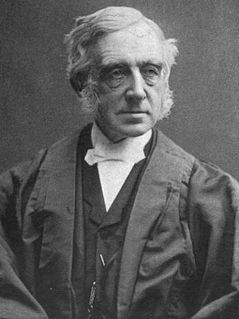A Quote by Tyler Perry
I try to write from a point of view with my faith being always present and always there. don't want to write characters where everyone is saved. So this Madea character for me is not saved.
Related Quotes
If I was to ask you tonight if you were saved? Do you say 'Yes, I am saved'. When? 'Oh so and so preached, I got baptized and...' Are you saved? What are you saved from, hell? Are you saved from bitterness? Are you saved from lust? Are you saved from cheating? Are you saved from lying? Are you saved from bad manners? Are you saved from rebellion against your parents? Come on, what are you saved from?
When you are writing, you have to love all your characters. If you're writing something from a minor character's point of view, you really need to stop and say the purpose of this character isn't to be somebody's sidekick or to come in and put the horse in the stable. The purpose of this character is you're getting a little window into that character's life and that character's day. You have to write them as if they're not a minor character, because they do have their own things going on.
Well, first of all if it wasn't for being saved by Jesus, I would not be alive. I would be dead. Some people say Jesus saved their soul... Well, maybe Jesus saved my soul spiritually, but He also saved my life physically. Every aspect of my life today has to do with the fact that Jesus saved my life.




































